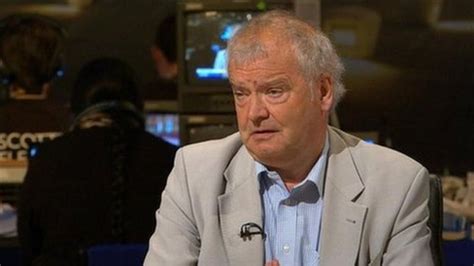A Quote by Margaret Atwood
I'm a Red Tory. To get a fix on this category, you have to go back to the 19th century. The Tories were the ones who believed that those in power had a responsibility to the community, that money should not be the measure of all things.
Related Quotes
I was really interested in 20th century communalism and alternative communities, the boom of communes in the 60s and 70s. That led me back to the 19th century. I was shocked to find what I would describe as far more utopian ideas in the 19th century than in the 20th century. Not only were the ideas so extreme, but surprising people were adopting them.
The Chancellor of the Exchequer has delivered his Budget. It is his first Budget, but we have seen it all before. This is a Tory Budget that will throw people out of work, will hold back economic growth, and will harm vital public services. Yes, it is the Chancellor's first Budget, but it is the same old Tories, hitting hardest at those who can least afford it and breaking their promises. This is true to form for the Tories, but it includes things that the Liberal Democrats have always fought against. Surely they cannot vote for this.
There is not one particular moment that can account for the shift from the social issue concerns of 19th-century evangelicals into the state of American evangelicalism today. Some historical moments are telling. The rise of biblical criticism in the 19th century forced evangelicals to make choices about what they believed about the gospel.
Jack believed in something—he believed in white witches and sleighs pulled by wolves, and in the world the trees obscured. He believed that there were better things in the woods. He believed in palaces of ice and hearts to match. Hazel had, too. Hazel had believed in woodsmen and magic shoes and swanskins and the easy magic of a compass. She had believed that because someone needing saving they were savable. She had believed in these things, but not anymore. And this is why she had to rescue Jack, even though he might not hear what she had to tell him.
The vast majority of those of Scots lineage living in the Ulster counties in the 18th century had come across, or their people had come across, in the 1690s. And they were victims of famine. Over that decade, 30000-50000 people were fleeing from that disaster. In terms of per capita loss, it was of the same order of magnitude as the Irish famine (of the 19th century).
I think there are deep structural things that are wrong in the world. The US is the Western empire of the 19th century regrouping in the 20th, not out of wickedness, but because everybody else in Eurasia was so completely destroyed by the Second World War. Economically, that was quite a useful time for the US, so they ended up in the position of enormous power. And like any great power, they're going to act in their own interests. The problem is due to what the business community wants, which is to make as much money as they can out of what other people do and pay as little as possible for it.
The 19th century Mormons, including some of my ancestors, were not eager to practice plural marriage. They followed the example of Brigham Young, who expressed his profound negative feelings when he first had this principle revealed to him. The Mormons of the 19th century who practiced plural marriage, male and female, did so because they felt it was a duty put upon them by God.
The majority of people who come to America come for a better life, just like the Italians, the Jews, the Irish, and the Polish did in generations before. A lot of the Irish came here back in the turn of the 19th to the 20th century because there were no opportunities and no options at home for them. There were no jobs and there was extreme poverty. They came here to be able to send money back home.






































